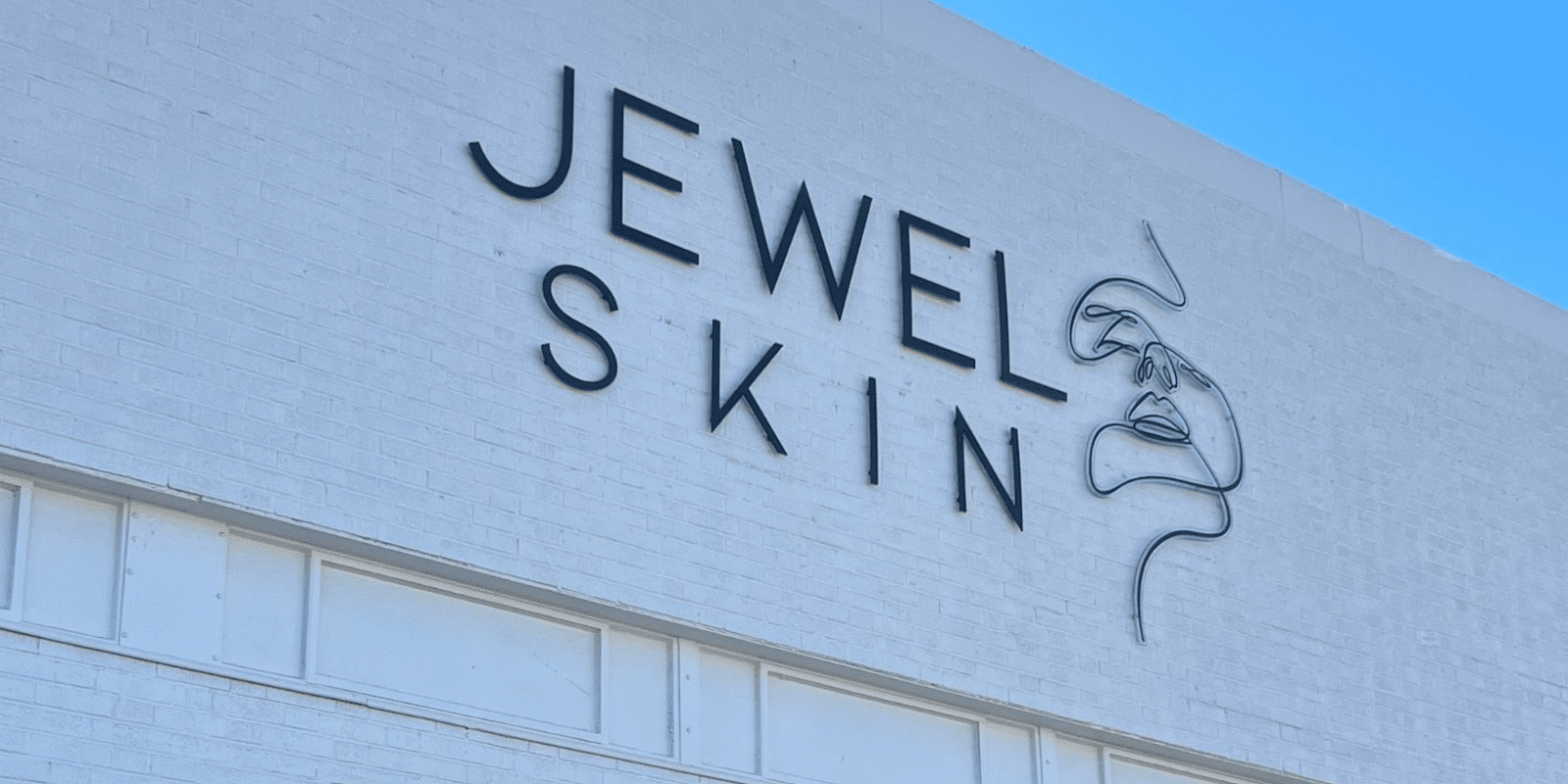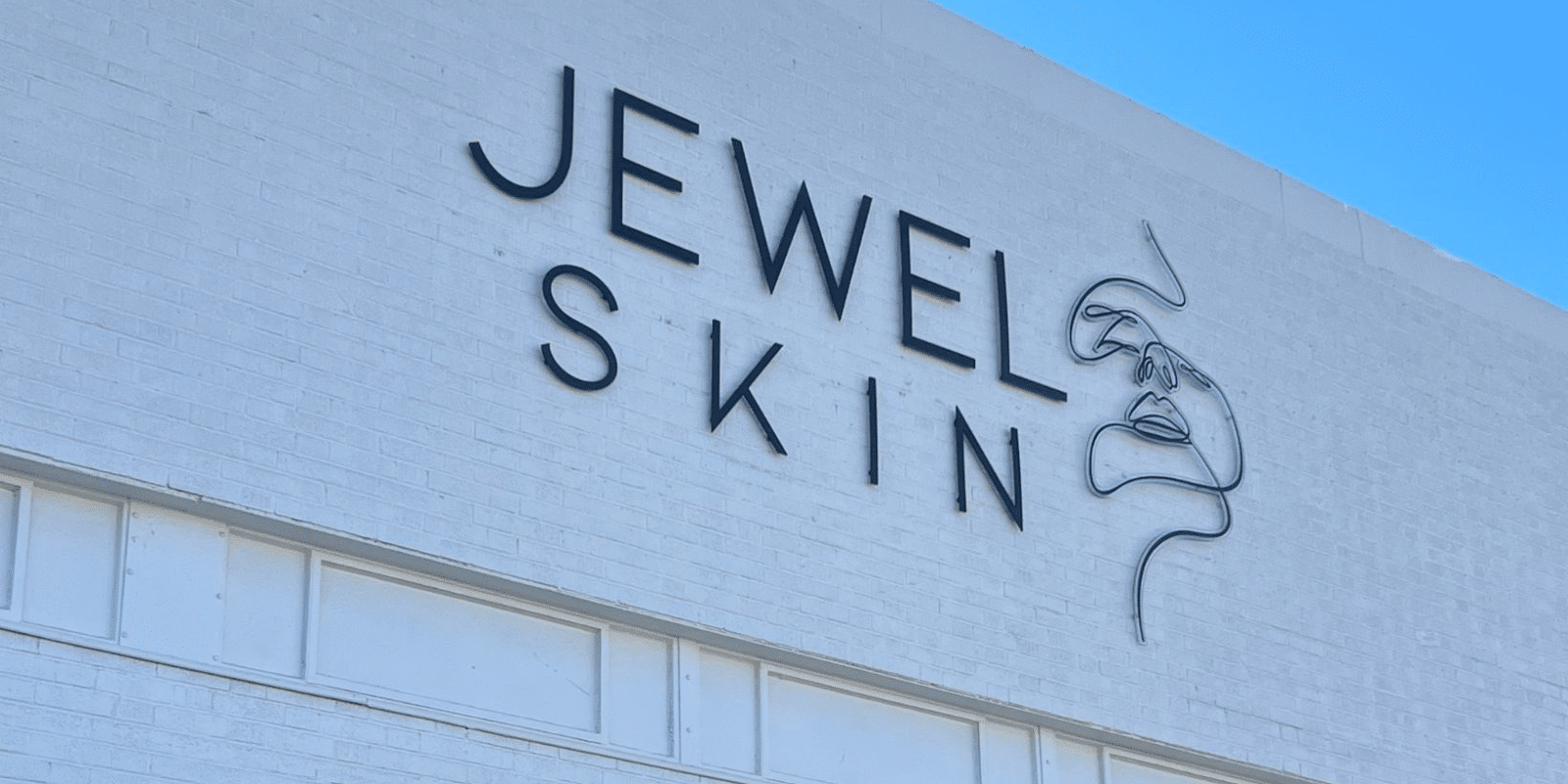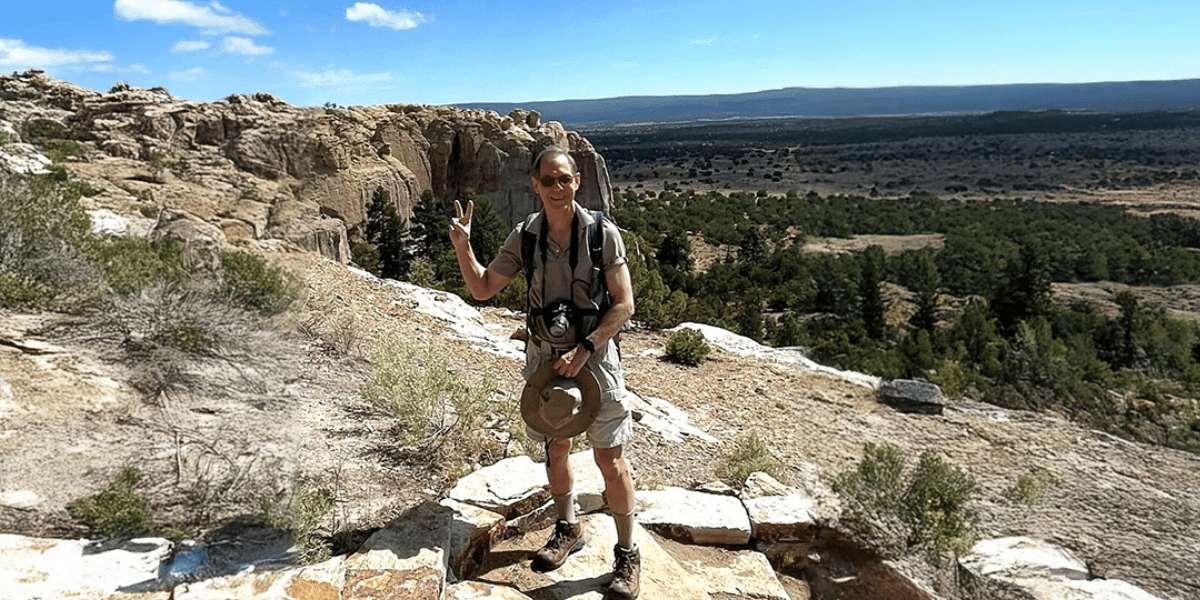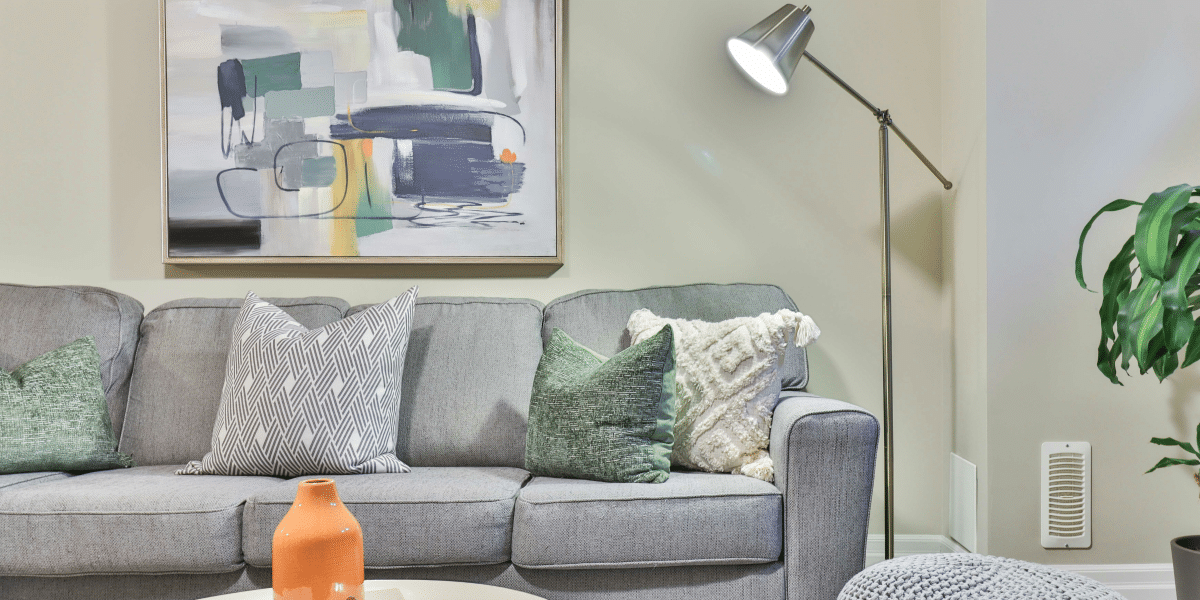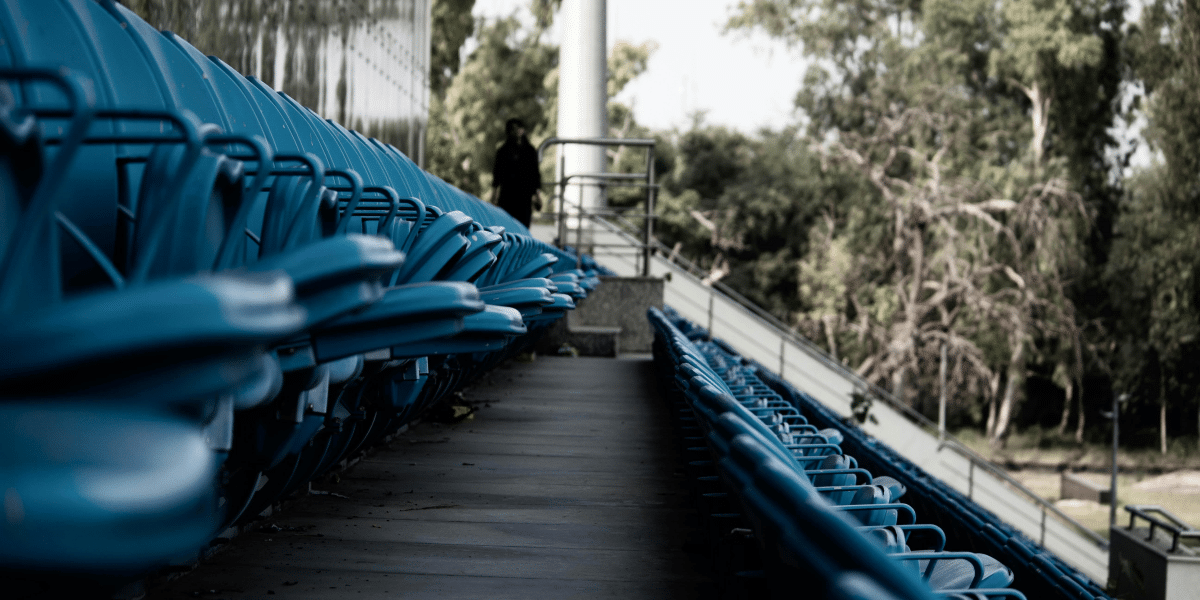Image commercially licensed from: Unsplash
Have you ever had one of those nights where you toss & turn, trying a lot to sleep but can’t do much? As we age, our sleep patterns can shift; restless nights and tired mornings become more often. In women, it often begins during menopause when hot flashes and other symptoms come up.
When people approach the 60s, there tends to be a decrease in hours too. People find it harder to sleep throughout the night. But if insomnia persists daily, it can be a real problem. Beyond making you tired and moody, a lack of sleep can seriously affect your health and increase your propensity to stroke, diabetes, and obesity.
By now, you might have read, tried, and tested several methods to get good sleep but below are 7 proven strategies that you can use to achieve quality sleep and restorative rest.
- Use Sleep Tracking and Monitoring Devices: Wearable devices, such as smartwatches and fitness trackers, equipped with sensors can monitor your sleep patterns, including sleep duration, sleep stages (REM, deep, light), and sleep disruptions. This data can provide insights into your sleep habits and help you identify areas for improvement.
- Establish a Consistent Sleep Schedule: Try to go to bed and wake up simultaneously every day, even on weekends. Consistency helps regulate your body’s internal clock and improves the overall quality of your sleep.
- Get Regular Exercise: Regular physical activity can promote better sleep, but try to finish your workout at least a few hours before bedtime. Exercise helps regulate your sleep-wake cycle and can contribute to deeper sleep.
- Optimize Your Sleeping Environment: The ambiance of your bedroom plays a crucial role in determining how well you sleep. Ensure that your room is dark, quiet, and cool. Consider using blackout curtains, earplugs, or a white noise machine if necessary. Your mattress and pillows should be comfortable and supportive.
- Sleep-Enhancing Apps: Various mobile apps are designed to help you fall asleep, stay asleep, and wake up refreshed. These apps often include features like guided meditation, soothing sounds, white noise, and breathing exercises to relax and prepare your mind for sleep.
- AI-Powered Sleep Aids: AI algorithms can analyze your sleep patterns and recommend personalized interventions. This might include adjusting bedtime, suggesting relaxation techniques, or providing tips for improving sleep quality. And if nothing helps
- Telemedicine and Virtual Sleep Consultations: AI-driven telemedicine platforms can connect individuals with sleep specialists for remote consultations, diagnosis, and treatment recommendations.
It’s important to note that while AI and technology can be helpful, establishing healthy sleep habits (sleep schedule, reducing screen time before bed, creating a relaxing bedtime routine, etc.) remains crucial for optimal sleep. While these are a few well-established tips & ideas, one of the best ways to improve sleep is to use Cabana-Ai a personal, go-to, free fitness advisor with responses to all your fitness questions. Whether you need quick tips for a nutritious meal, energizing workout routines, or the latest wellness trends or sleep tips, the Cabana-Ai bot has covered all your fitness queries.
Try it for yourself!




